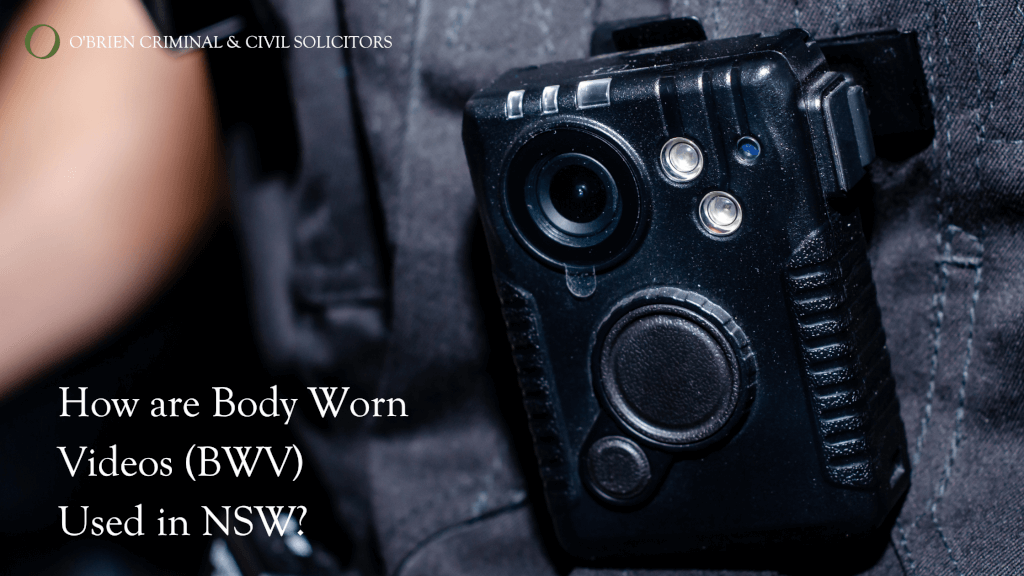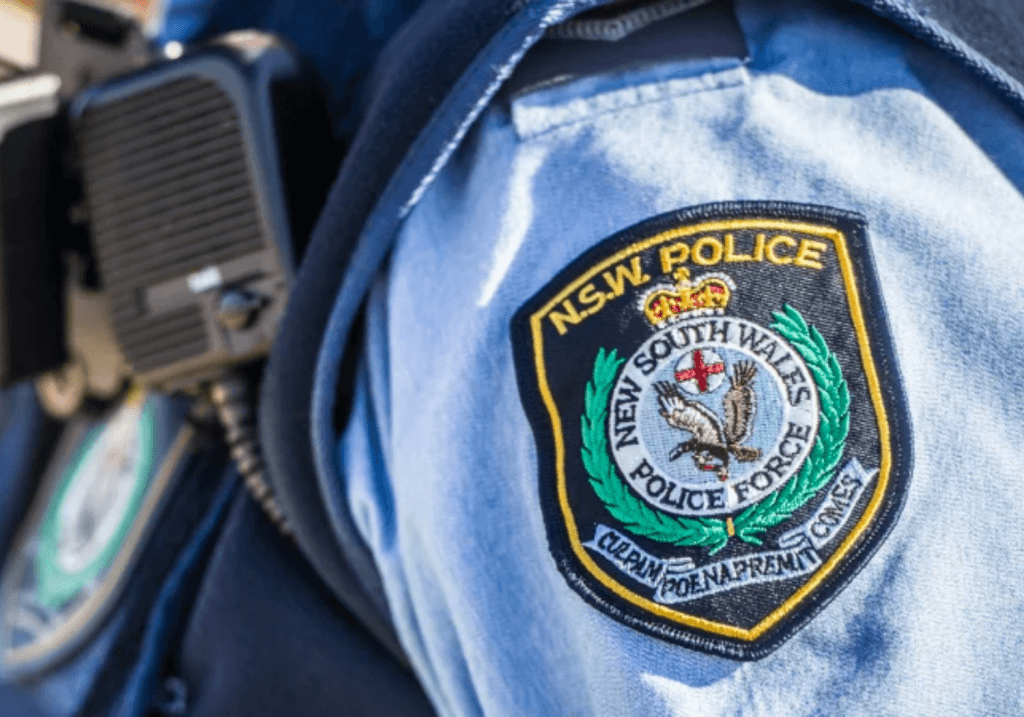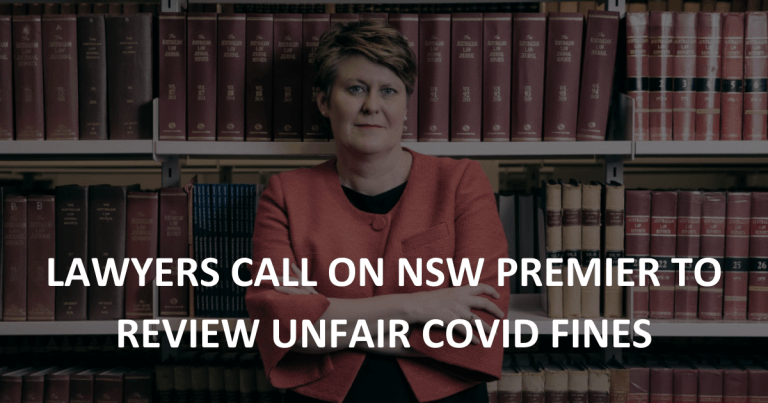The debate surrounding the use of Body-Worn Cameras (BWCs) by police in New South Wales has intensified following several controversial police shootings, including the fatal shooting of Todd McKenzie in 2019. McKenzie was shot during a police operation in Taree, NSW, where tactical officers reportedly turned off their body cameras before shooting.
NSW Coroner Grahame urges tactical officers to wear Body-worn cameras BWCs
In New South Wales, while general duty police officers are required to use body-worn cameras, specialized officers handling high-risk situations are not currently mandated to do so. This is a policy shared only with South Australia.
Deputy State Coroner, Harriet Grahame, has strongly recommended this policy be revised, highlighting that the advantages of requiring tactical officers to use body-worn cameras clearly surpass any potential challenges. Although the police force is reviewing its policy on body cameras, no deadline has been set for this review to be completed. The commander noted that without a mandate for body cameras, this issue will not be prioritized.
Benefits of Body-Worn Cameras
The introduction of body-worn cameras has been seen as a significant step towards enhancing transparency and accountability in policing. The primary benefits of these devices include the ability to provide an objective record of police interactions, which can be crucial in investigating complaints against police and in judicial proceedings. This technological tool is designed to safeguard both the police officers and the citizens they interact with by documenting their encounters.
Issues and Controversies
However, the effectiveness of body cameras has been under scrutiny, especially when officers have the discretion to turn the cameras on and off. This practice can potentially undermine the purpose of the cameras, as seen in the McKenzie case where the absence of video evidence due to the cameras being turned off has raised significant concerns about what actually transpired during the incident.
Critics argue that allowing officers to control when to record may provide opportunities to manipulate what is documented, thereby affecting the integrity of the evidence.
Case Studies and Research on Body-worn cameras
Research and case studies on the impact of body-worn cameras suggest mixed outcomes. Some studies indicate that body cameras can lead to a reduction in the use of excessive force by police and increase public trust. However, other instances highlight potential misuse and the selective recording of incidents, which can result in a lack of accountability.
Legal and Policy Considerations
There are calls for more stringent regulations concerning the use of body cameras to ensure they fulfil their intended purpose. Advocates for police reform argue that clear guidelines and mandatory activation policies during all police operations could prevent misuse and ensure that body cameras serve as a true tool for accountability and transparency.
The case of Todd McKenzie is a prime example where the absence of such regulations may have contributed to a tragic outcome.

Body-Worn Cameras Debate
The ongoing debate over the mandatory use of body-worn cameras by police underscores the complex balance between operational discretion and the need for transparency. While body cameras hold significant potential for improving policing practices, their effectiveness largely depends on the policies governing their use. Ensuring that these devices are used consistently and appropriately is crucial in building trust between the police and the communities they serve. Therefore, it is imperative for legislative bodies to consider stricter controls on the use of body cameras to prevent future tragedies and to enhance the accountability of law enforcement agencies.
The discussion about body-worn cameras continues to evolve, as does the technology itself. As more jurisdictions worldwide adopt these tools, ongoing evaluation and adaptation of policies will be essential to maximize their benefits and minimize their shortcomings.
Suing the police for assault, battery, unlawful arrest or false imprisonment
If you need legal representation to sue the police, speak to our civil lawyers today. Our law firm has years of experience handling such cases, click here to read some of our most notable Civil Case Studies.
We can help guide you through the legal process, ensure that you understand your rights, and provide you with the support you need to seek justice.
Read our other case studies on Actions Against Law Enforcement.

Nicole Byrne
Content Creator | Media Coordinator
O'Brien Criminal & Civil Solicitors
www.obriensolicitors.com.au
-
Nicole Byrnehttps://obriensolicitors.com.au/author/nicoleb/
-
Nicole Byrnehttps://obriensolicitors.com.au/author/nicoleb/
-
Nicole Byrnehttps://obriensolicitors.com.au/author/nicoleb/
-
Nicole Byrnehttps://obriensolicitors.com.au/author/nicoleb/




